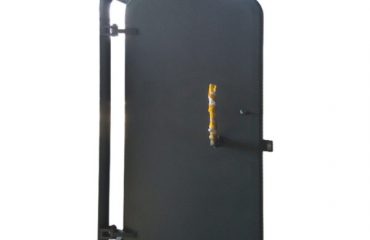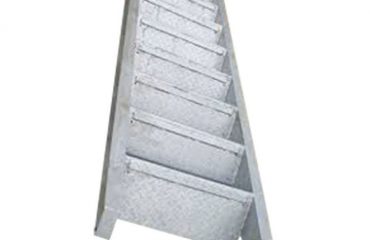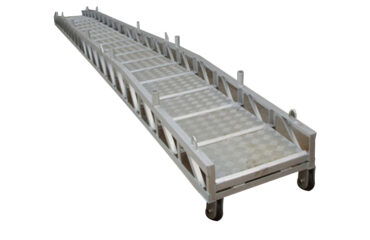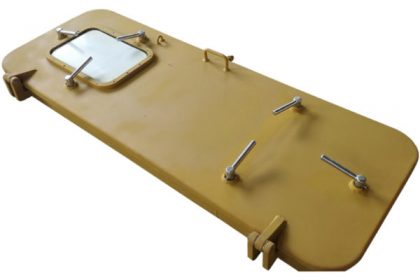
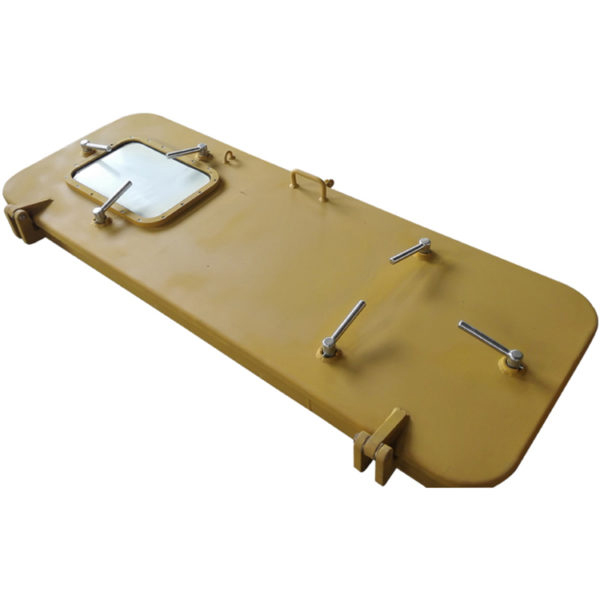
Ship doors are essential for marine safety standards for several reasons. Firstly, ship doors help to compartmentalize the ship, creating barriers that can prevent flooding in the event of a breach in the hull. This is critical for ensuring the structural integrity of the ship and the safety of the crew and passengers on board.
In addition, ship doors play a crucial role in controlling the spread of fire on board. By being able to close off certain areas of the ship, fire doors can prevent flames and smoke from spreading rapidly and engulfing the entire vessel. This can buy precious time for evacuation procedures to be carried out and for emergency responders to reach the scene.
Furthermore, ship doors are necessary for maintaining the stability of the ship. By closing and securing doors in rough seas or during high-speed maneuvers, ships can prevent water from entering and affecting the vessel’s stability. This is particularly important for ships carrying cargo, as any shift in weight due to flooding could potentially lead to capsizing.
Ship doors also contribute to the overall operational efficiency of the vessel. By providing access to different compartments, crew members can more easily navigate the ship and carry out their duties. This is especially important in emergency situations where quick and easy access to essential areas of the ship is critical.
Moreover, ship doors are an important part of regulatory compliance and certification processes for marine vessels. International maritime organizations, such as the International Maritime Organization (IMO), require ships to meet certain safety standards, including the installation of watertight and fire-resistant doors. Failure to comply with these standards can result in penalties, fines, or even the revocation of operating licenses.



